When It's Necessary to Change Your Oil
Though they are simple to forget, routine oil changes are crucial for keeping your car in good condition. Many problems could arise if this important maintenance chore is neglected.
This guide offers advice, identifies when an oil change is probably overdue for your car, and explains why it's important to act quickly.
How often do you recommend an oil change?
The frequency of oil changes can vary based on driving habits, towing, heavy loads, seasonal conditions, and driving environments. These intervals differ by vehicle model and oil type, underscoring the importance of regular maintenance for engine longevity.
In general, most vehicles using conventional motor oil should have the oil changed every 3,000 to 5,000 miles, while those using full synthetic or synthetic blend oils can typically go 7,500 to 10,000 miles between changes. Always refer to your owner’s manual or the oil manufacturer’s recommendations for the most accurate interval specific to your engine and oil type.
Signs your car needs an oil change
1. Check engine light
An illuminated or flashing check engine light often signals an issue with engine performance or oil levels. Ignoring this warning can lead to further complications. It is crucial to diagnose and address the issue promptly.
2. Engine knocking noises
Knocking or ticking sounds from the engine usually indicate insufficient lubrication from dirty or degraded oil. These noises can lead to serious engine damage if not addressed.
3. Reduced fuel efficiency
Poor lubrication forces the engine to work harder, which decreases fuel efficiency. A noticeable drop in miles per gallon may suggest that an oil change is overdue.
4. Unusual smells
Old oil may emit burning or acrid odors. Addressing this issue quickly can prevent further engine damage.
5. Unusual oil texture
Oil that appears gritty or has an abnormal texture indicates it’s time for a change. Regular inspection of the oil’s condition is essential; if it’s thick, grainy, or has a yogurt-like consistency, it needs to be replaced.
6. Frequent Travel
If you frequently drive long distances, more regular oil changes are necessary. It’s wise to schedule an oil change before significant trips to maintain optimal vehicle condition.
Comprehending oil change intervals
Understanding oil change intervals is essential for maintaining your engine’s performance, efficiency, and longevity. The ideal time to change your oil depends on the type of oil you use, your driving conditions, and your vehicle’s maintenance schedule.
|
Type |
Intervals |
|
Conventional Oil |
5,000–7,500 miles |
|
Semi-Synthetic (Blend) Oil |
up to 7,500 miles |
|
Full Synthetic Oil |
10,000–20,000 miles |
Semi-synthetic (blend) oil can last up to 7,500 miles before needing to be replaced, whereas standard oil usually needs to be changed every 5,000 to 7,500 miles.
On the other hand, synthetic oil has a 10,000–20,000 miles lifespan before needing to be changed. Sludge accumulation can be reduced, and engine life can be increased by using synthetic oil.
Nonetheless, it's crucial to keep in mind that factors like the kind of roads you drive on, how frequently you encounter stop-and-go traffic, and your overall mileage can all have an impact on how often you should replace your oil. For example, since driving on a highway puts less load on the engine, it frequently requires fewer oil changes.
List of considerations before changing your oil
One last thing you need to be sure about before changing your oil, it's your vehicle’s specific requirements, including:
- Engine oil characteristics
- Manufacturer’s recommended oil viscosity
- Operating temperature range
- Engine age and condition
After reviewing all the signs, avoiding common mistakes when changing your oil, and being aware of your vehicle’s specific requirements, it might be time for an oil change. Remember to regularly check your oil level to maintain proper lubrication and detect potential issues.
Your vehicle’s owner’s manual provides guidance on how to check oil levels and determine when to change the oil.
Monitoring these signs and acting promptly can significantly enhance your vehicle's performance and prevent costly repairs.
For optimal results, consider using Ultra1Plus motor oil. Explore our products at Ultra1Plus Shop to find the right oil for your engine needs. Ultra1Plus offers premium quality at a competitive price.
We hope these recommendations are helpful for maintaining your vehicle.
